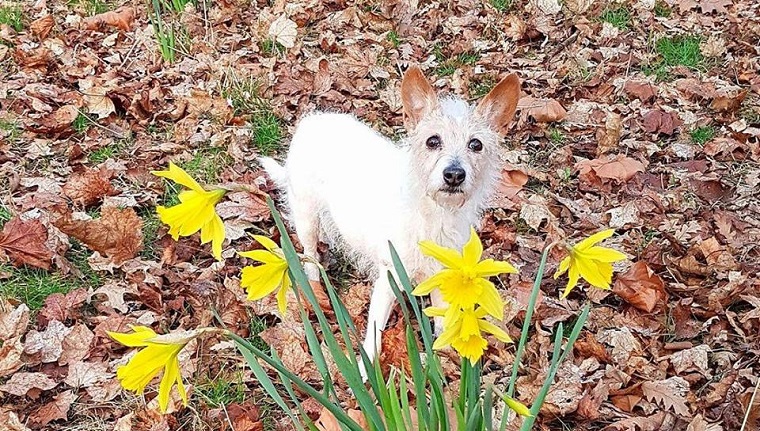July 28, 2019

Your elderly dog: tips on care
If you have an elderly dog, its care needs will have changed over time. Aging dogs require a different kind of care than younger dogs, and so it is helpful to know what kind of adjustments to make. It is also important to note that different dogs age at different rates, and so it is essential to recognise when your dog would be classed as a senior.
Food
As your dog changes with age, it is a good idea to alter their diet as necessary. You should feed your dog high quality food, ensuring that it is appropriate for their age. If you are uncertain what the best option is, it may be useful to ask your vet for their recommendations. Importantly, you should keep your dog at an ideal body weight. When elderly dogs are overweight, this can lead to health conditions such as diabetes, heart disease, skin disease and cancer. If health conditions already exist, then your dog’s food may have to be adjusted, for example, a dog with heart disease may benefit from a low sodium diet.
Exercise
As dogs age, it is likely that they will be hindered by conditions such as arthritis or other degenerative diseases. As a result, they may not walk or play for as long. They may also suffer from difficulty moving, for example going upstairs. However, exercise is still beneficial and important for older dogs, as it helps to prevent obesity and maintains healthy joints and muscles. Your walks may have to become shorter and contain more stops to accommodate for your elderly dog. Swimming may be a good option for elderly dogs, as it does not put much strain on joints.
Comfort
Older dogs may need more provisions than they did when they were younger. They will most likely require more rest, and so they should have a place where this is possible. Dogs with arthritis will benefit from soft bedding, as well as putting rugs or carpets over smooth floors. Everything like food, water and toys should be easily accessible. Having plenty of toys is a good way to keep your senior dog occupied.
Visiting the vet
When you have an elderly dog, it is a good idea to make regular visits to the vet, as many diseases might not be evident. Furthermore, other diseases may be prevented. Visiting the vet is also a good way of finding out if your dog is overweight or underweight, which can lead to further health conditions. As well as weight, a point of ill health for older dogs might be dental hygiene. Dental disease can be painful, and lead your dog to not eat, which can affect numerous other aspects of health. Your vet may be able to advise you on what you specifically can do for your dog’s condition.
Love and affection
Take the time to show your elderly dog lots of love and affection, and make sure you spend quality time with them. This will bring comfort and enjoyment to you and your pet. Many aging dogs will enjoy having a fuss made of them. Be mindful however, that some dogs, as with humans, may not tolerate too much physical contact or noise, as they age. They may prefer peace, quiet and lots of their own me-time, with the comfort of knowing you are nearby if they need you.